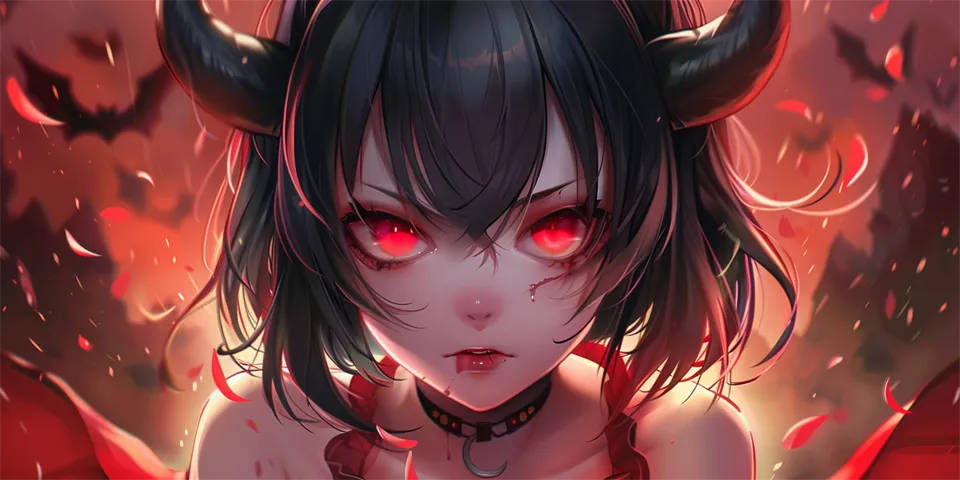Are there any ever fanfiction
Fanfiction, or fanfic, is a term used to describe stories written by fans of a particular TV show, movie, book, or real-life personality. These stories, often written by amateur writers, involve using the characters, settings, or other elements from the original work to create new narratives. In this article, we will discuss various aspects of fanfiction and understand this phenomenon in depth.
The History and Evolution of Fanfiction
While it may seem like a recent phenomenon because of its prevalence on the internet, fanfiction actually has a long history. The first recognized fanfiction dates back to the 1960s with stories published in fanzines about the popular television show Star Trek. Since then, fanfiction has grown in popularity and scope, encompassing almost every popular culture franchise imaginable.

The advent of the internet was a significant milestone in the evolution of fanfiction. It allowed fans to easily share their stories with a worldwide audience. Websites like FanFiction.net and Archive of Our Own (Ao3) were created as platforms dedicated to fanfiction.
Fanfiction Websites and Platforms
FanFiction.net is the largest and oldest fanfiction archive on the Internet. It hosts millions of stories and has a vast array of fandoms to choose from. The interface is user-friendly, and the stories are sorted by categories and subcategories, making it easy for readers to find a story they might be interested in.
Archive of Our Own, or Ao3, is another popular fanfiction platform. It's a project of the Organization for Transformative Works (OTW), a non-profit organization by and for fans to provide access to and preserve fandom culture. Ao3 is known for its inclusive and comprehensive tagging system which makes it easy for users to find exactly the kind of stories they want to read.
Categories of Fanfiction
The world of fanfiction is vast, with a multitude of categories to explore. There is gen (focus on general or platonic relationships), het (heterosexual relationships), slash (homosexual relationships), and femslash (female homosexual relationships). There are also alternate universes where creators take known characters and put them in a completely different setting or scenario.
Another prominent category is crossover, where characters from different fandoms or universes interact. Then there's fluff, which focuses on light, feel-good storytelling. There is a category for everyone's tastes, showcasing how diverse and dynamic the world of fanfiction can be.
The Impact of Fanfiction
Fanfiction is a way for fans to creatively engage with their favorite characters and stories. It enables them to explore narratives not addressed in the original works and express their imaginings or desires about characters and events. In this way, fanfiction can provide representation and inclusivity that might be lacking in mainstream media.
Moreover, fanfiction writing serves as a platform for many writers to hone their writing skills, develop their voice, and experiment with story-telling techniques. Some fanfiction writers go on to become professional authors, such as E.L. James, who started writing as a fanfiction writer for Twilight before her "Fifty Shades of Grey" trilogy was published.
Frequently Asked Questions
Is it legal to write fanfiction?
It depends on the copyright laws of your countries and how they interpret "fair use." Most fan works are considered transformative and fall under fair use, but it can vary.
Where can I publish my fanfiction?
FanFiction.net and Archive of Our Own are the most popular websites to publish fanfiction. There are also other sites such as Wattpad or Tumblr.
Can I make money from writing fanfiction?
Generally, fanfiction is a non-profit activity due to copyright laws. However, some authors have been successful at transforming their fanfiction into original work and publishing it.
Conclusion
Fanfiction is a complex, fascinating phenomenon that offers a platform for creativity, representation, and engagement with existing narratives. It is, at its core, a testimony to fandom's power and the many ways fans can engage and interact with their loved ones.
References
[1] Jenkins, Henry. "Textual Poachers: Television Fans and Participatory Culture." 1992.
[2] Pugh, Sheenagh. "The Democratic Genre: Fan Fiction in a Literary Context." 2006.
Explore your companion in WeMate